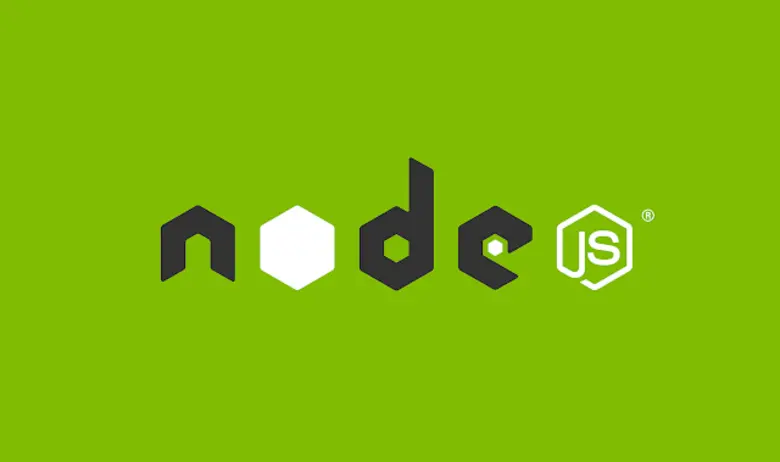When it comes to recognizing the benefits and drawbacks of Node.js for your web application, there are some things a developer must take into account. Speed, tech scalability, performance, application constraints, and a lot more are a few examples. Therefore, choices taken at this stage will determine how quickly your application reaches the market.
JavaScript is a client-side programming language that may be used to construct cross-development platforms as well as a tool for web front-end development. Up to the release of Node.js in 2009, writing server-side code in JavaScript was only a notion.

Table of Contents
What Is Node.js and How Does It Work?
For developers looking for a high-performance, scalable, and unified development experience, Node.js is the platform of choice. Node.js, which is based on the V8 JavaScript engine used by Chrome, introduces JavaScript into the world of server-side programming and eliminates the distinction between front-end and back-end development.
Node.js’s event-driven, non-blocking design is what makes it function. Node.js employs a single-threaded event loop in contrast to conventional server-side languages, which depend on multi-threading, to handle requests effectively. Because of this design decision, Node.js can manage many connections at once without slowing down the system or using a lot of resources.
Pros and Cons of NodeJS
- Pros
Superior Performance
The V8 JavaScript engine, which converts JavaScript code into native machine code, serves as the foundation for Node.js. Excellent performance is the consequence, which makes it perfect for managing concurrent connections and real-time applications.
Scalability
Because Node.js uses an event-driven, non-blocking I/O mechanism, it can effectively manage a lot of concurrent connections. A popular option for applications with heavy traffic and data-intensive processes, it scales effectively.
Vast Package Ecosystem
Through NPM (Node Package Manager), the open-source package ecosystem for Node.js is robust. These packages make it simple for developers to add functionality to their apps, cutting down on development time and effort.
Stack-Level JavaScript
JavaScript may be used by developers on both the server and client sides when using Node.js. This simplifies the development process and makes it simpler for the server and client to communicate.
Instantaneous Applications
Node.js is a great choice for creating real-time applications like chat programs, online games, and collaboration tools because of its event-driven architecture, which is essential for quick data transmission.
Simple to Use and Learn
Node.js has a shorter learning curve for those that are already familiar with JavaScript. Additionally, Node.js is highly maintained and documented due to its community-driven nature.
Community and Assistance
Due to the size and activity of the Node.js community, there are several tools, forums, and tutorials available for developers to use.
Architecture for Microservices
Node.js is a good choice for creating microservices because it enables programmers to separate complicated programs into more manageable components, improving maintenance and scalability.
Cons
The Model with a Single Thread
Because the event loop in Node.js is single-threaded, a CPU-intensive activity may cause it to stall and slow down other requests. It is necessary to handle CPU-bound jobs carefully.
Callback Hell (Async Programming)
In Node.js, asynchronous programming may result in complicated layered callbacks, sometimes referred to as “callback hell.” Code may become difficult to understand and maintain as a result. However, this problem has been solved by techniques like Promises and async/await.
Not the Best for CPU-Heavy Tasks
Node.js is not the greatest option for CPU-intensive jobs since it only supports a single thread. Heavy data processing or lengthy calculations may make the server less responsive.
Generally Newness
Node.js has been around for a while, but compared to other server-side technologies like PHP or Java, it is still relatively young. For vital applications, some developers may select more established technologies.
Issues with Module Versioning
Version conflicts between modules may arise as a consequence of NPM, the Node.js dependency management tool, which may create compatibility issues. To prevent such issues, dependencies must be managed carefully.
Limited Support for Native Libraries
Comparing Node.js to languages like C++ or Java, some functionality that needs low-level access to system resources may not be supported as well.
Conclusion
Node.js may provide developers with significantly more advantages than disadvantages. JavaScript applications now cover both front-end and back-end servers, expanding their horizons. Node.js is being used by more and more companies as time goes on since it is useful for their operations.











Leave a Reply